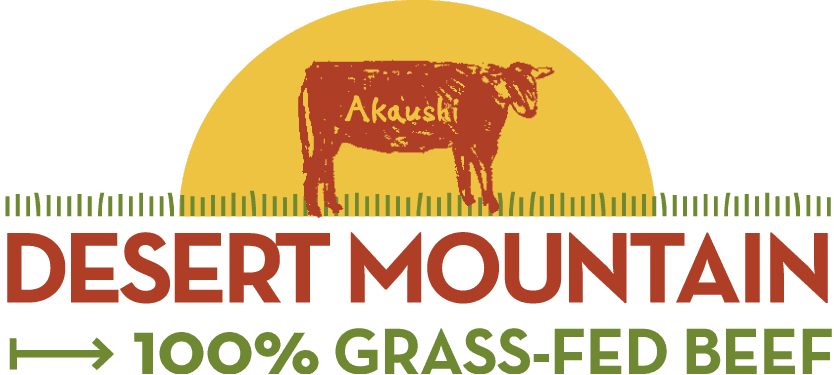

Our convictions to to climate wellness are deeply rooted.
We're working diligently to heal our planet through regenerative agriculture practices. These practices are rebuilding our soils & renewing our landscapes.
We are utilizing cover crops to capture harmful carbon from the atmosphere, storing the carbon in our soils.
This is a win-win for the ranchers, cattle, consumers & the land.
(L) bare ground. No carbon storing. (R) Desert Mountain soil storing carbon, acting as a living biome, assisting to mitigate climate change.
Local Agriculture
Every farm and ranch in our co-operative is family-owned. That means when you do business with us, you’re supporting small-scale, family agriculture.
We aim to be profitable in a way that keeps ranching viable for our kids, and our kids’ kids. We hope that they’ll someday want to come back to the family farm or ranch.
Here’s why that matters: Land is our biggest asset. It’s the giver of everything we produce. Our utmost priority is caring for the land so it will continue care for us, generation after generation after generation.
Soil Health
The relationship between grasses and grazers (like cows) is as old as time itself. An emerging field of science suggests livestock play a crucial role in regenerating soil health, chiefly by bolstering the carbon and organic matter in soils over time. Done right, grazing is one of the few carbon sinks available to us. All our farmers and ranchers are committed to producing sustainable grass-fed beef and practicing agriculture in a way that leaves the planet a better place. It’s a self-serving mission—the healthier our soils are, the more grass we grow.
Land Stewardship
Private agricultural lands are important wildlife habitat, especially for birds. When small-scale agriculture is profitable for families, it means agricultural lands stay in production, keeping them safe from development. As more and more of the West is divided and developed, we aim to keep what we have in production for our cattle and resident wildlife.
Browse our site to learn why our sustainable grass-fed beef is good for you and our planet!
We are honored recipients of the
USDA Climate Smart Commodities Grant
In collaboration with the University of Idaho we will implementing regenartively based agricultural practices to improve our soils, create increased biodiversity and sequester carbon through cover crops and land management practices.






